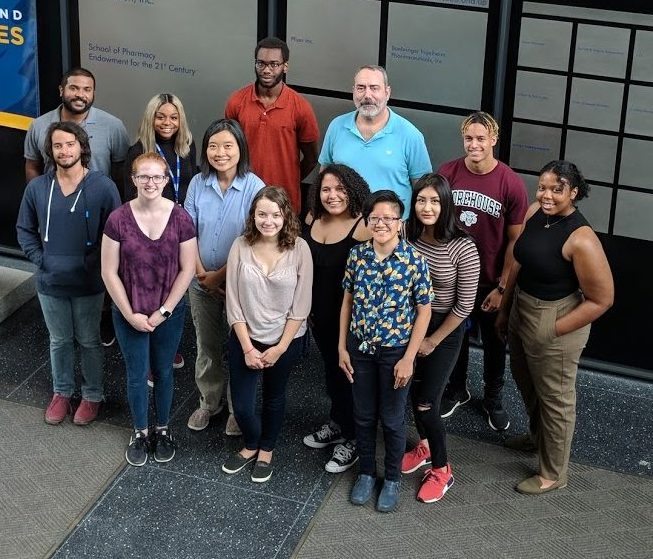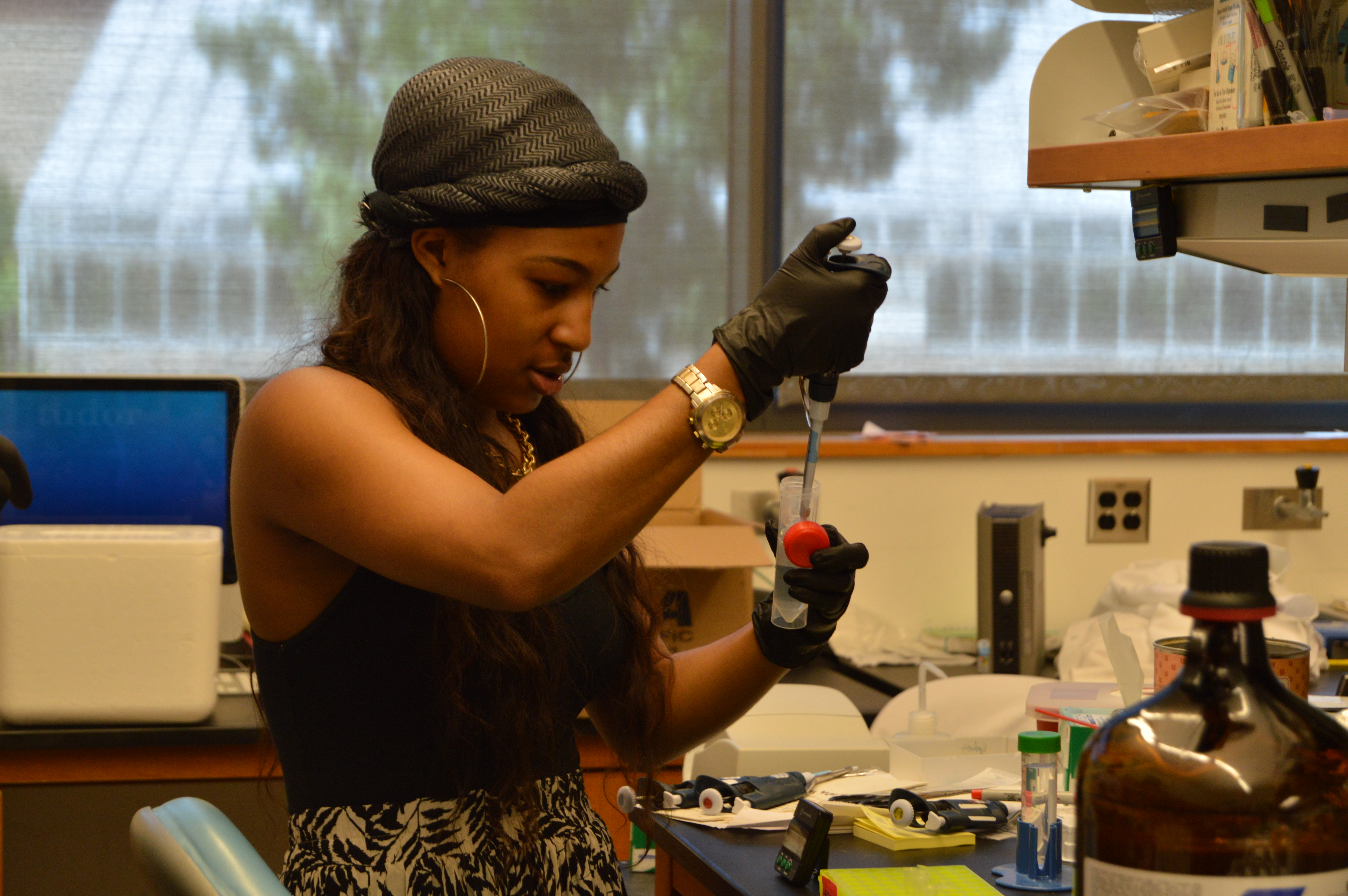Spend your Summer with Science at UConn!
About the REU
We are currently accepting applications for the 2026 REU program.The UConn Physiology and Neurobiology Research Experiences for Undergrads (REU) is an NSF-funded program offering undergraduates a paid summer research internship. Participants will spend 10 weeks with UConn faculty and graduate students, engaging in graduate-level research projects on a host of different physiological systems. In addition to their scientific work, students will also participate in career and graduate school workshops as well as social events. The program culminates with a symposium where students will present a scientific poster covering their research.
Visit our Mentors Page to learn more about the professors participating in the REU program and their research areas.
Program Benefits
REU Eligibility
Mission
The primary goal of this REU is to provide students, especially those from non-PhD granting institutions, opportunities to experience an intensive research environment. Students can expect to acquire skills and knowledge to help them enter graduate research programs and succeed in their scientific careers. Interested students, especially underrepresented minorities, veterans, first-generation college students, and students with disabilities from institutions with limited research opportunities are encouraged to apply.
*UConn is planning to host an REU in-person Summer 2026. Due to the uncertainties surrounding the COVID-19 situation in Connecticut, UConn reserves the right to make modifications to the REU Program features and requirements, or cancel the program.
Thank you for your interest in our program; applications are open now!


